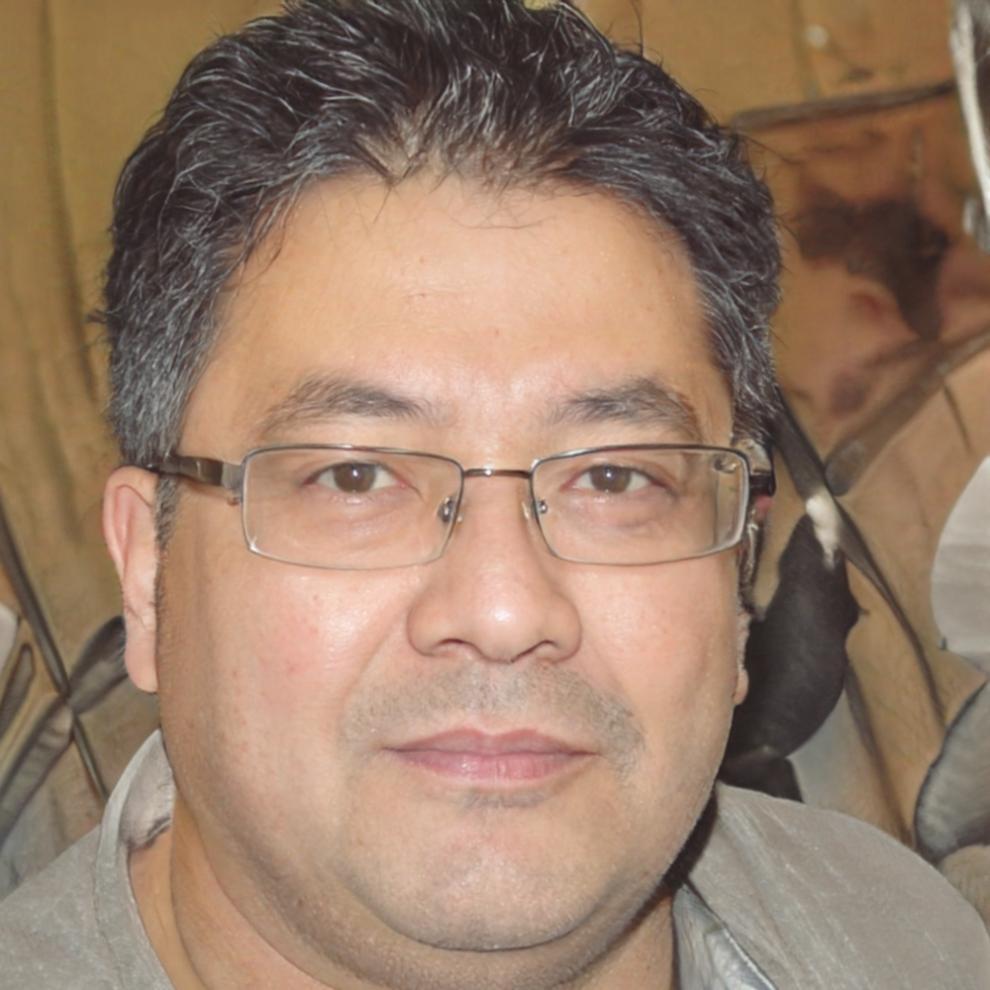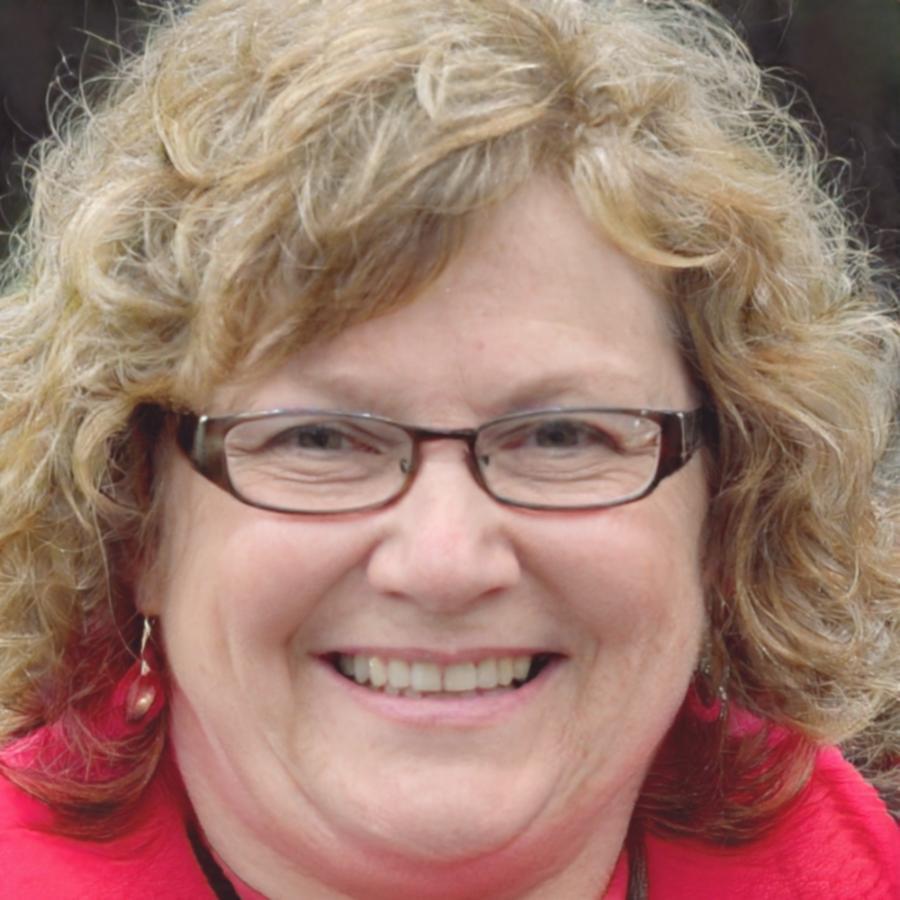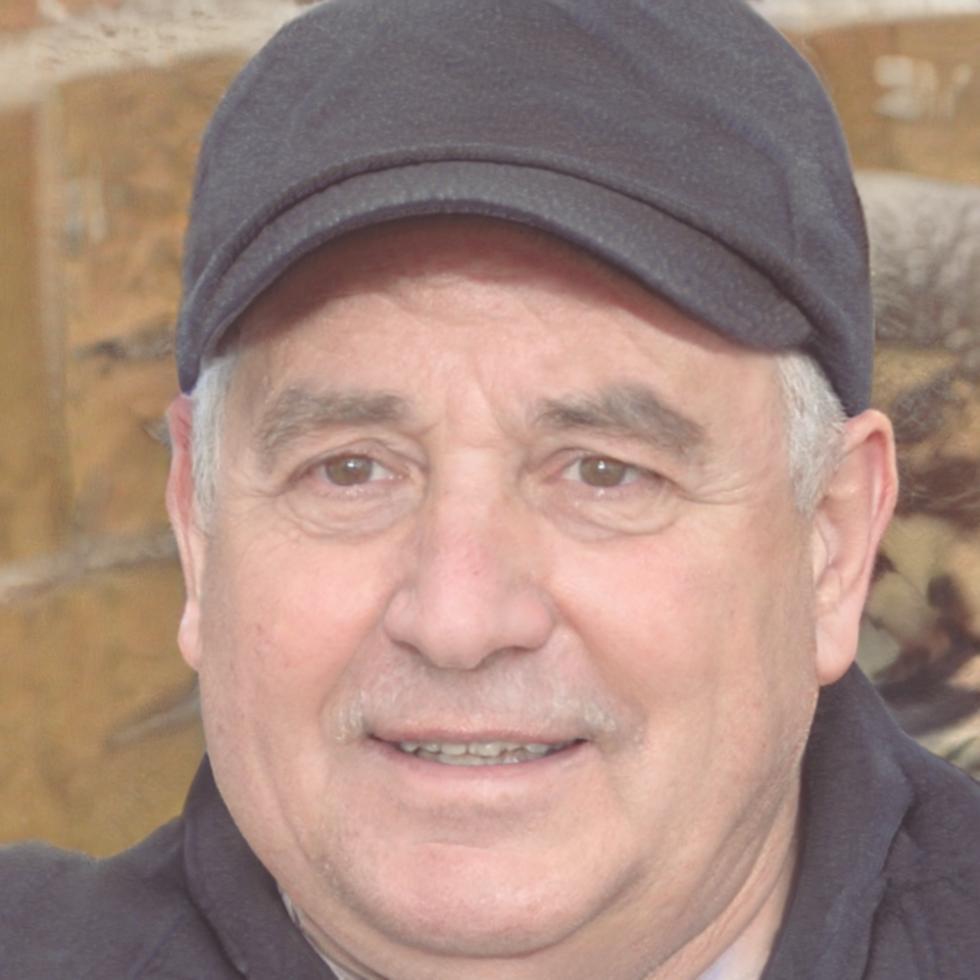Build Your Financial Foundation
Start with the basics and grow into confidence. Our budgeting program gives you practical skills that actually work in daily life—no fluff, just real techniques you can apply right away.
Start Your JourneyFind Your Path Forward
Different people need different approaches. Answer these questions to figure out which learning track makes sense for where you are right now.
Complete Beginner
Never tracked expenses before? Feeling overwhelmed by where to even start? Our foundation module walks through the absolute basics—how to categorize spending, set up your first budget spreadsheet, and understand where your money actually goes each month.
Getting Inconsistent Results
You've tried budgeting apps and spreadsheets, but nothing sticks for more than a few weeks. We focus on habit formation and realistic goal-setting—finding systems that fit your actual lifestyle instead of forcing you into rigid structures that eventually fail.
Ready to Level Up
You handle the basics fine, but want to optimize. Learn advanced allocation strategies, seasonal budgeting techniques, and how to plan for irregular expenses without disrupting your monthly flow. This track assumes you're comfortable with fundamentals.
Still not sure which track fits?
Reach out and we'll have a quick conversation about your current situation. Takes about 15 minutes, and we'll point you toward the modules that make the most sense for your specific needs and timeline.
Following Through Over Time
These aren't quick wins or overnight transformations. Real financial habits develop slowly, and the results compound over months and years—not days.
What Participants Develop
We track progress through skill development, not financial outcomes. Everyone's situation differs too much to measure success by dollar amounts. Instead, we focus on whether people gain practical capabilities they can use long-term.
Expense Categorization Proficiency
Most people finish the program able to accurately categorize their spending without second-guessing every transaction. Sounds basic, but it's the foundation for every other budgeting skill. You develop instinct for recognizing patterns in your own behavior.
Buffer Building Without Deprivation
Learn techniques for gradually building financial cushion—even on tight budgets. We don't promise specific amounts or timeframes because those vary wildly. But participants typically develop their own sustainable approaches to setting aside small amounts consistently.
Reduced Financial Anxiety Response
Through repeated practice with realistic scenarios, many people report feeling less panicked when unexpected expenses hit. Not because problems disappear, but because you've practiced response strategies enough times that they become somewhat automatic.


